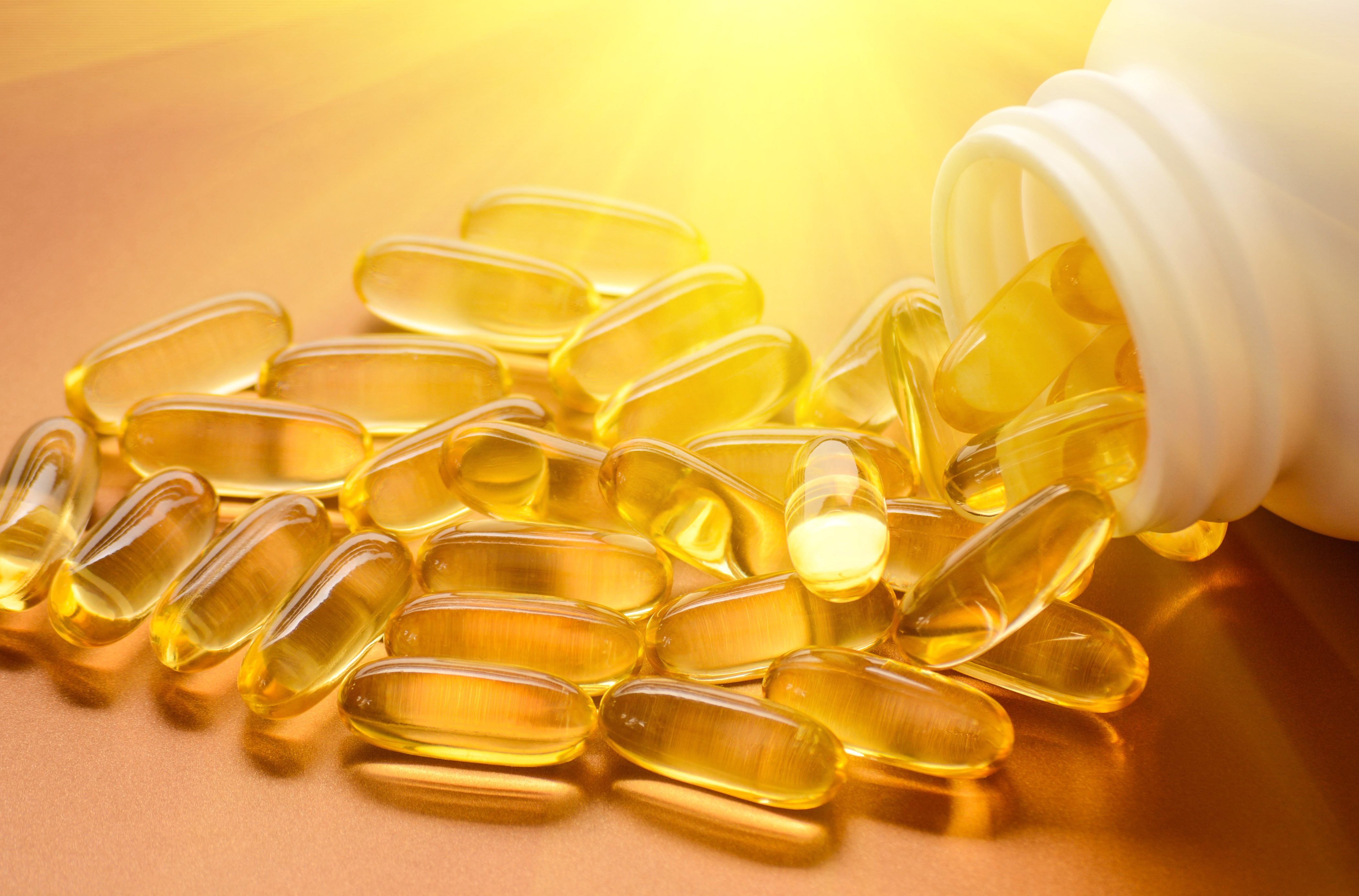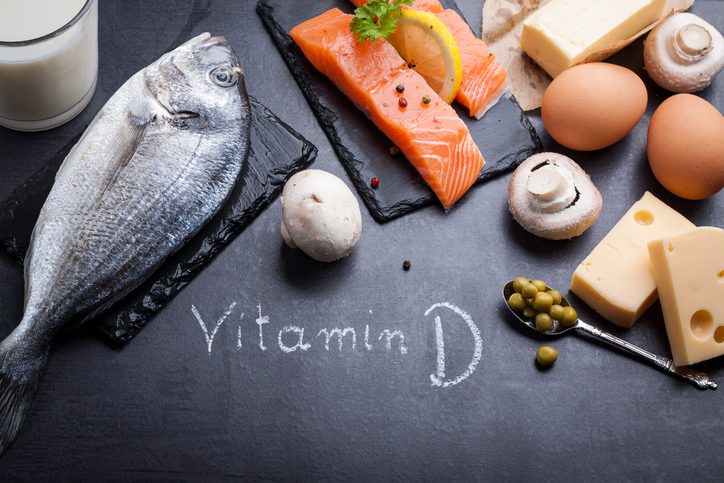Vitamin D: It’s that time of the year
Are you getting enough?

The days are getting shorter, it is getting colder, and we are spending less time outside. In the summer, we had no problem getting outside and cranking out a long run or bike ride, but now it’s a lot more appealing to jump on the treadmill or trainer.
During the fall and winter months, vitamin D gets a lot of attention, and rightfully so, it’s a crucial micronutrient for your overall health.
What does vitamin D do?
Vitamin D helps your body absorb calcium and plays a role in immunity, inflammation and chronic disease prevention. Essentially, vitamin D helps your musculoskeletal, nervous and immune system maintain their normal function.
Because of vitamin D’s influence on the body, it plays an important role in a triathlete’s general health, training and performance.
Where do I get Vitamin D from?
The primary sources of vitamin D come from food and sunlight.
Vitamin D is found in cow’s milk, fortified soy beverages, yogurts and orange juice, fatty fishes, margarine, and egg yolks.
Sunlight is a great source of vitamin D. Unfortunately, it is dependent on where you live. In the Northern Hemisphere, peak sunlight hours occur in June, July and August. Thankfully, triathletes spend a lot of time training and racing outdoors in the summer, but it is critical to find ways to reach the daily recommended value during the fall and winter.
How do I reach the recommended value of Vitamin D?
Canada’s Food Guide recommends that everyone over the age of two, drink two cups of milk (or fortified beverage) every day to get enough vitamin D (~800 IU).
However, many vitamin D experts believe that the recommended value of vitamin D was established primarily on bone health and is not sufficient for non-skeletal health benefits – optimal health and athletic performance. In contrast to the recommended values, the Endocrine Society recommends 1,500 – 2,000 IU/day to maintain an individual’s overall health. During the winter, this value is difficult to attain with food alone and minimal sunlight
Gatorade Sports Science Institute, in an article highlighting the importance of vitamin D, explains that consumption of vitamin D-containing foods alone is not likely to maintain sufficient vitamin D status. Therefore, regular supplementation of 1,500-2,000 IU/day is recommended for vitamin D.
It is best to meet with a sports nutritionist or dietitian to have an analysis of a blood test done. This way you can determine with a professional if you are deficient in any essential nutrients and how to supplement your diet.


